Cycle 42: Inter!

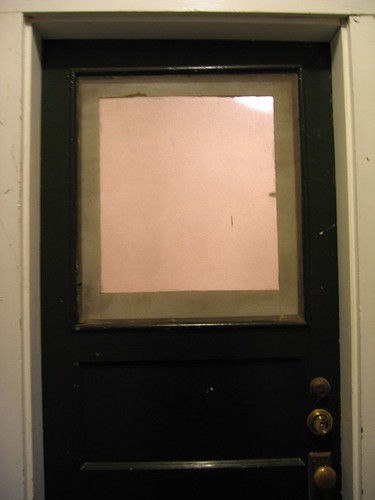

Story of the Door
I am in my mother’s room. It’s I who live there now. I don’t know how I got there. Perhaps in an ambulance, certainly a vehicle of some kind. I was helped. The door breaks space in two, splits it, prevents osmosis, imposes a partition. On one side, me and my place, the private, the domestic (a space filled with my possessions: my bed, my carpet, my table, my typewriter, my books, my odd copies of the Nouvelle Revue Française); on the other side, other people, the world, the public, politics. You can’t simply let yourself slide from one into the other, can’t pass from one to the other, neither in one direction nor in the other. You have to have the password, have to cross the threshold, have to show your credentials, have to communicate, just as the prisoner communicates with the world outside.
One evening a few months ago, I heard a knock at my door. I opened it, and a stranger stepped in. He was a tall man, with blurred, vague features, or perhaps my nearsightedness made me see him that way. A light fringe of snow lay like a cape on the shoulders of his overcoat and like toecaps on the toes of his goloshes; and, as the buttons of his overcoat slipped with a squeaking noise through the snow-stiffened frieze, a cold fragrant air from out-of-doors escaped from crevices and folds. A ghostly light from the street lamp lay in a long shaft from one window to the door. All this time I’ve journeyed without knowing it.
[Stevenson, Beckett, Perec, Borges, Joyce]
 | 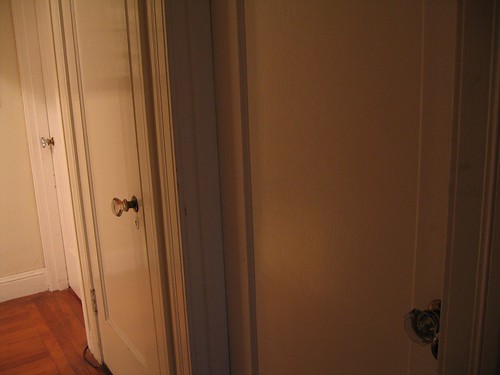 |
Then – shuts the Door –
‘What is that noise?’
The wind . . .
Open wide the mind’s cage-door,
She’ll dart forth, and cloudward soar.
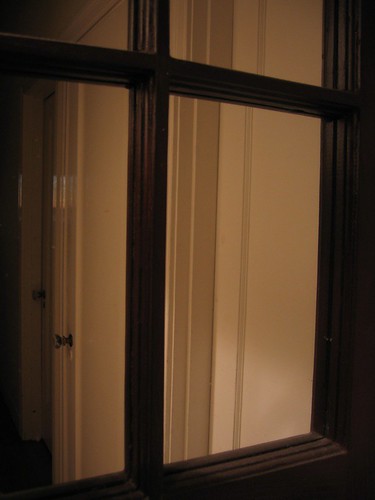
[Björk, Dickinson, Eliot, Keats]
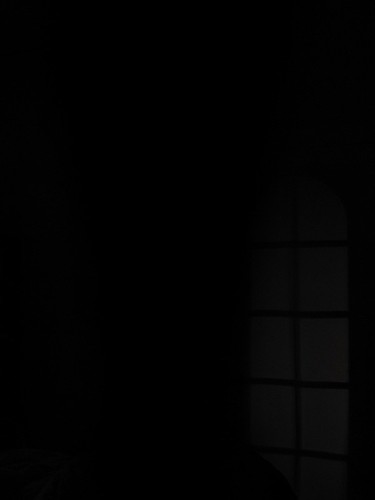
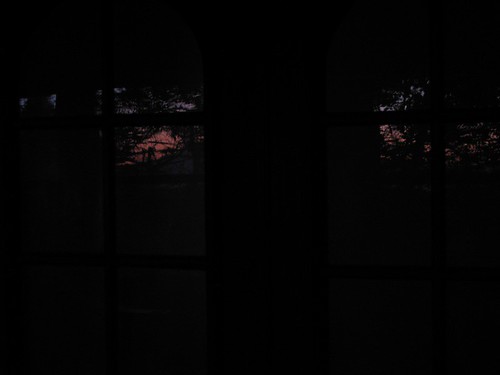
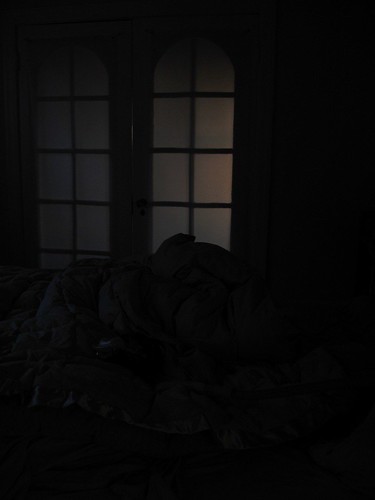
Lebensweisheitspielerei
342 was near the fire escape. One could still – but the key was already in the lock, and then I was in the room. The door of the lighted bathroom stood ajar; in addition to that, a skeleton glow came through the Venetian blind from the outside arclights; the intercrossed rays penetrated the darkness of the bedroom and revealed the following situation. She lay quite still, in a sort of sleep, in a sort of dream. Then with a quiver of exquisite pleasure he touched the warm soft body, and touched her navel for a moment in a kiss. And he had to come into her at once, to enter the peace on earth of her soft, quiescent body.
Darkness there, and nothing more.
Deep into that darkness peering, long I stood there wondering, fearing,
Doubting, dreaming dreams no mortals ever dared to dream before.
[Stevens, Nabokov, Lawrence, Poe]


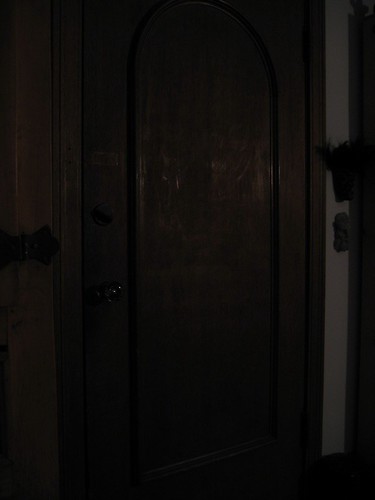
κνδυν, μυθóπλοκος
Le bonheur d’empoigner au ventre par son noeud de porcelaine l’un de ces hauts obstacle d’une pièce; ce corps à corps rapide par lequel un instant la marche retenue, l’oeil s’ouvre et le corps tout entier s’accommode à son nouvel appartement.
Qui si convien lasciare ogne sospetto;
ogni viltà convien che qui sia morta.
y vi de pronto
el cielo
desgranado
y abierto,
planetas,
plantaciones palpitantes,
la sombra perforada,
acribillada
por flechas, fuego y flores,
la noche arrolladora, el universo.
[Sappho, Ponge, Dante, Neruda]

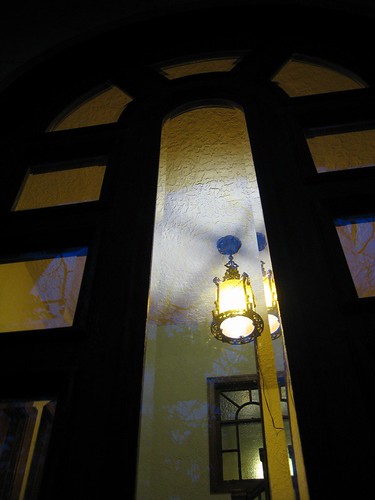
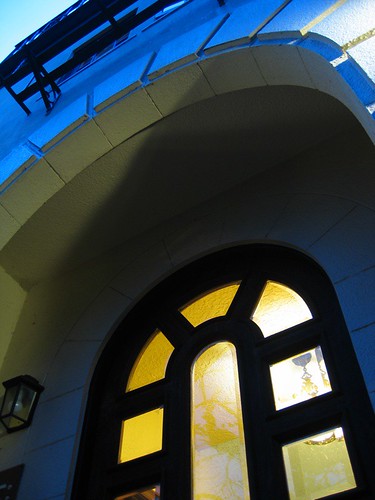
Between Past and Future
Consider a door. Is it simply an aperture in the wall? No. It is framed. Transitional, symbolic and functional, the object “door” serves to bring a space, the space of a “room,” say, or that of the street, to an end; and it heralds the reception to be expected in the neighboring room, or in the house or interior that awaits. It is important here that the notion of the “outside” is expressed in many European languages by a word that means “at the door” (fores in Latin is the door of the house, thyrathen in Greek literally means “at the threshold”). The threshold or sill of an entrance is another transitional object, one which has traditionally enjoyed an almost ritual significance. The threshold is not, in this sense, another thing with respect to the limit; it is, so to speak, the experience of the limit itself. This is a paradox of the frontier: created by contacts, the points of differentiation between two bodies are also their common points. Conjunction and disjunction are inseparable in them. Of two bodies in contact, which one possesses the frontier that distinguishes them? Neither. Does that amount to saying: no one? This ek-stasis is the gift. Every story is a travel story.
[Arendt, Lefebvre, Agamben, De Certeau]
<< I. AM. A.
>> Part XI: Polyhistories

<< Home